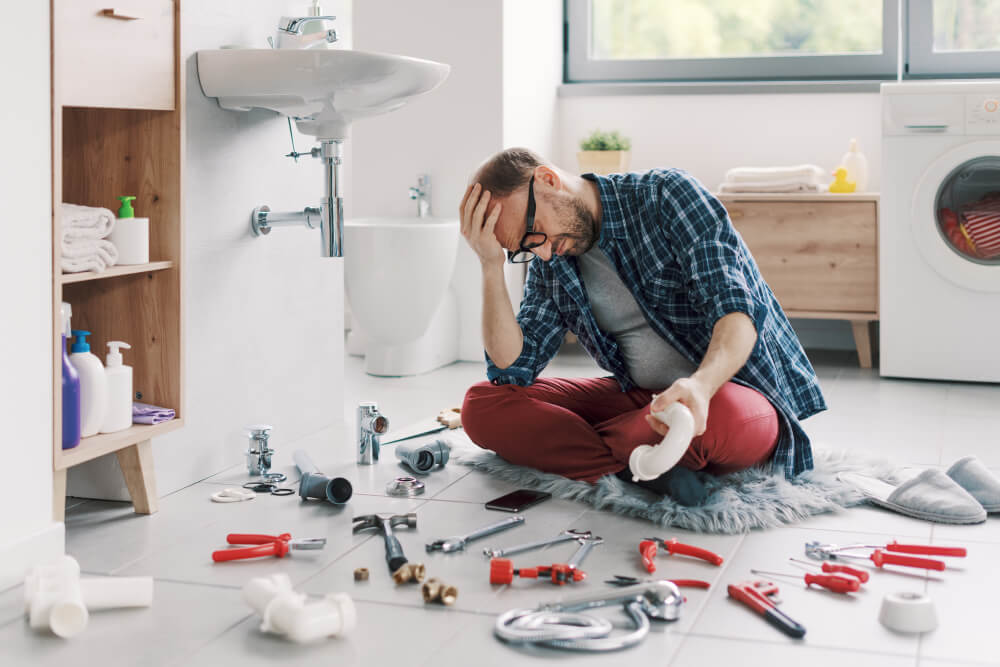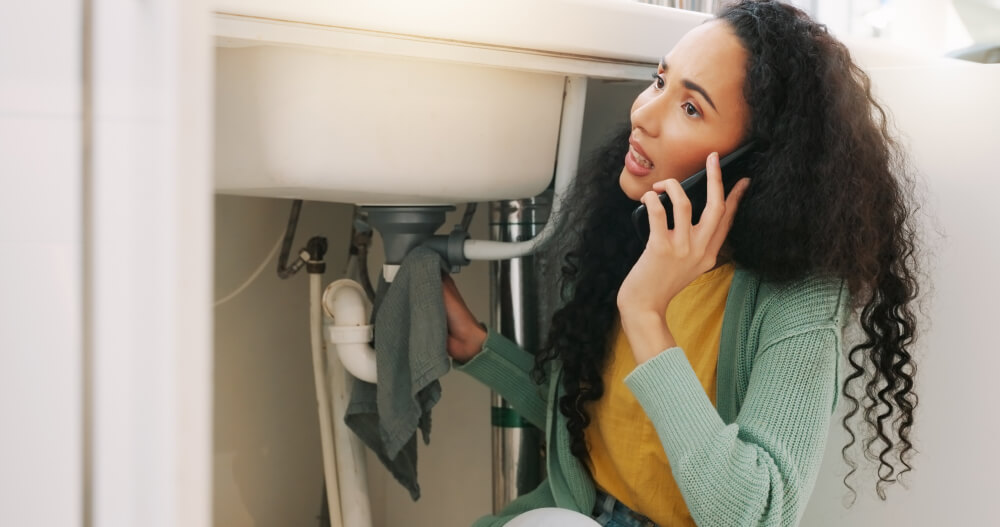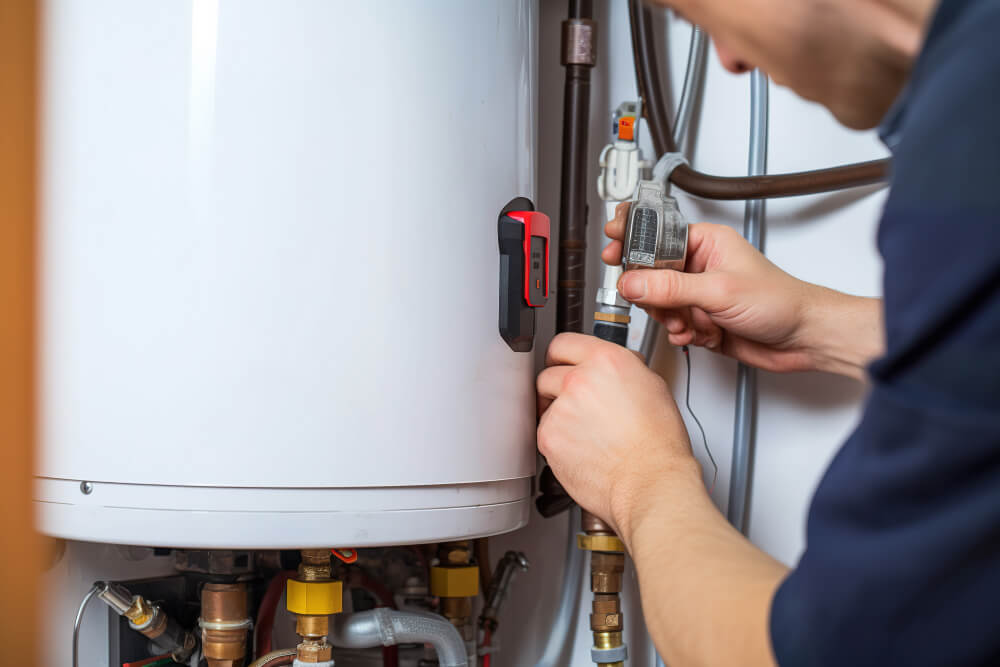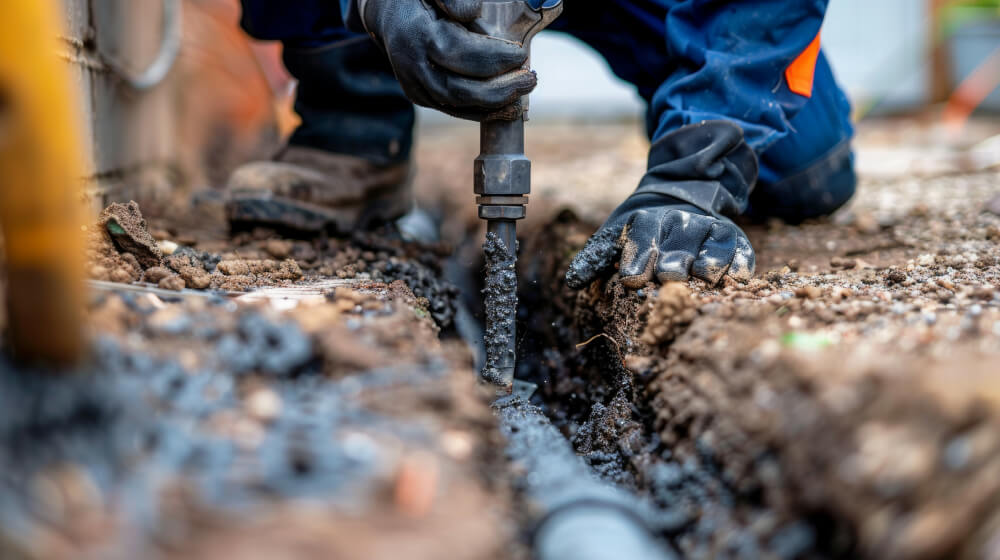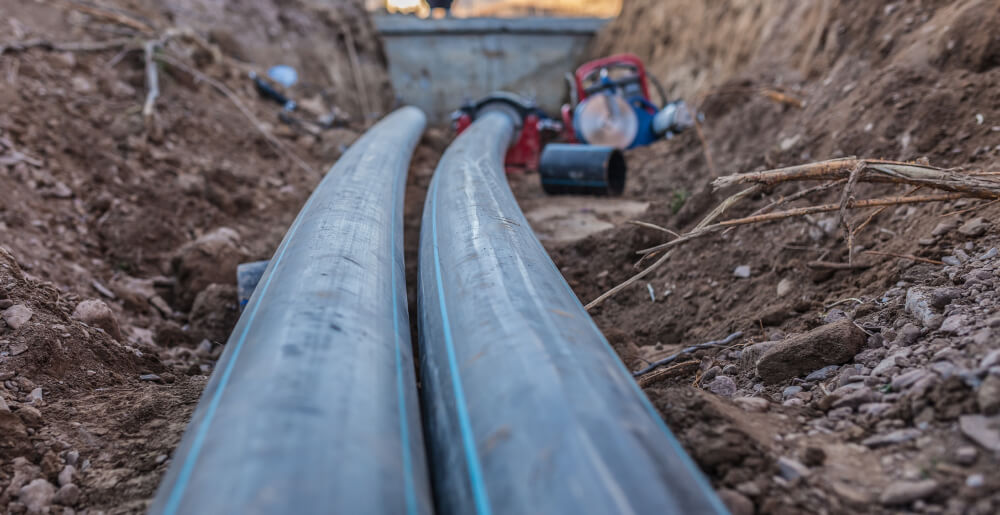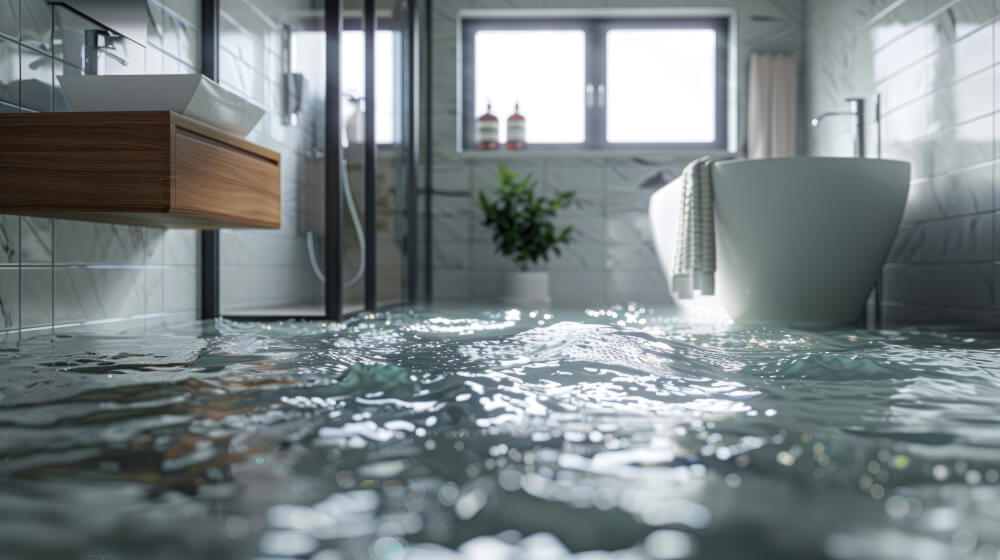1. Regularly Inspect for Leaks
Why It’s Important: Leaks can cause significant water damage and increase your water bills. Early detection is crucial to prevent further issues.
How to Inspect:
- Check Faucets and Showerheads: Look for drips or leaks around the handles and spouts.
- Inspect Under Sinks: Check for moisture or puddles under kitchen and bathroom sinks.
- Examine Toilets: Look for water around the base of the toilet or continuous running water sounds.
- Inspect Pipes: Look at exposed pipes in your basement or crawl spaces for signs of corrosion or moisture.
2. Maintain Your Drains
Why It’s Important: Clogged drains can lead to slow drainage, backups, and even burst pipes. Keeping your drains clear is essential for smooth operation.
How to Maintain:
- Use Drain Strainers: Install strainers in your sinks and showers to catch hair, food particles, and other debris.
- Avoid Pouring Grease: Do not pour grease, oil, or fat down the drain as they can solidify and cause blockages.
- Flush with Hot Water: Periodically pour boiling water down your drains to clear away any buildup.
- Natural Cleaners: Use a mixture of baking soda and vinegar to clean your drains. Pour the baking soda first, followed by vinegar, and let it sit for 30 minutes before flushing with hot water.
3. Protect Your Pipes from Freezing
Why It’s Important: Frozen pipes can burst and cause significant water damage. Preventing your pipes from freezing is crucial during cold weather.
How to Protect:
- Insulate Pipes: Use foam pipe insulation to cover pipes in unheated areas such as attics, basements, and garages.
- Seal Cracks and Gaps: Seal any gaps around pipes where cold air can enter.
- Keep a Drip: During extremely cold weather, let faucets drip slightly to prevent water from freezing.
- Open Cabinet Doors: Open kitchen and bathroom cabinet doors to allow warm air to circulate around pipes.
Join HICP Homeowner’s Alliance
Connect with experts, get special discounts and enjoy member benefits
4. Water Heater Maintenance
Why It’s Important: Regular maintenance of your water heater ensures efficient operation and extends its lifespan.
How to Maintain:
- Check the Temperature: Set the thermostat to 120°F (49°C) to prevent scalding and reduce energy consumption.
- Drain the Tank: Annually, drain a few gallons of water from the tank to remove sediment buildup. This improves efficiency and prevents rust.
- Inspect the Anode Rod: Check the anode rod every few years and replace it if it’s significantly corroded. This helps prevent tank corrosion.
5. Test Water Pressure
Why It’s Important: High water pressure can strain your plumbing system and cause leaks. Low water pressure can be a sign of underlying issues.
How to Test:
- Use a Pressure Gauge: Attach a pressure gauge to an outdoor faucet and turn on the water. Ideal water pressure should be between 40-60 PSI.
- Adjust the Pressure: If the pressure is too high, adjust the pressure regulator. If you don’t have one, consider installing it.
6. Prevent Sewer Line Issues
Why It’s Important: Sewer line problems can cause backups and unpleasant odors in your home.
How to Prevent:
- Avoid Flushing Non-Flushables: Do not flush items like wipes, diapers, or feminine hygiene products down the toilet.
- Tree Root Management: Plant trees and shrubs away from sewer lines to prevent root intrusion.
- Regular Cleaning: Schedule professional sewer line cleaning every few years to remove buildup and prevent blockages.
7. Check for Toilet Leaks
Why It’s Important: Toilet leaks can waste a significant amount of water and lead to higher bills.
How to Check:
- Perform the Dye Test: Add a few drops of food coloring to the toilet tank and wait 30 minutes. If the color appears in the bowl, you have a leak.
- Inspect the Flapper: Ensure the flapper is sealing properly. Replace it if it’s worn or damaged.
8. Install a Water Softener
Why It’s Important: Hard water can cause mineral buildup in your pipes and appliances, reducing their efficiency and lifespan.
How to Install:
- Choose the Right System: Select a water softener that meets your household’s needs based on water hardness and usage.
- Professional Installation: Consider hiring a professional for installation to ensure it’s done correctly.
9. Know Your Main Shutoff Valve
Why It’s Important: In case of a major leak or burst pipe, knowing how to quickly shut off the water supply can prevent extensive damage.
How to Locate and Use:
- Find the Valve: Locate your main shutoff valve, typically found where the water line enters your home.
- Test It: Periodically test the valve to ensure it works properly.
- Label It: Clearly label the valve and make sure everyone in your household knows its location and how to use it.
10. Schedule Professional Inspections
Why It’s Important: Regular professional inspections can identify potential issues before they become major problems.
How to Schedule:
- Annual Inspections: Schedule a yearly plumbing inspection with a licensed plumber.
- Detailed Report: Ask for a detailed report of the inspection, including any recommended repairs or maintenance.
Preventing plumbing issues through regular maintenance is essential for keeping your home’s plumbing system running smoothly. By following these tips, you can avoid common problems and ensure your plumbing lasts for years to come. Remember, when in doubt, don’t hesitate to call a professional plumber for assistance. With proper care and attention, you can maintain a healthy and efficient plumbing system in your home.

